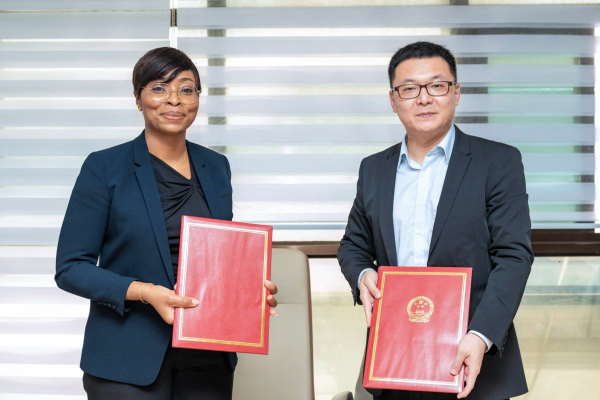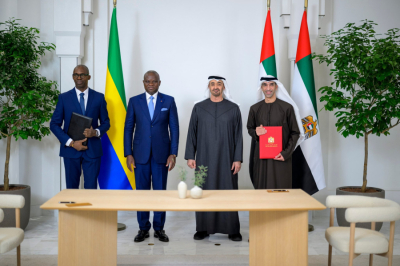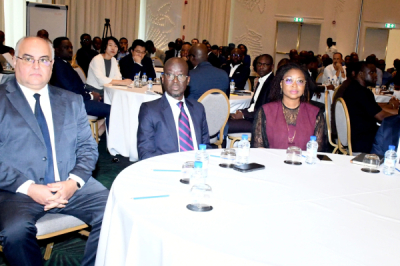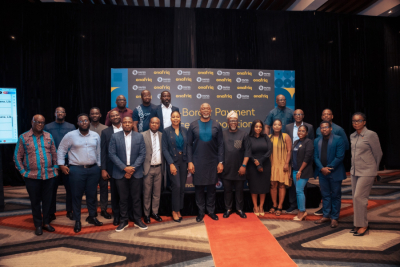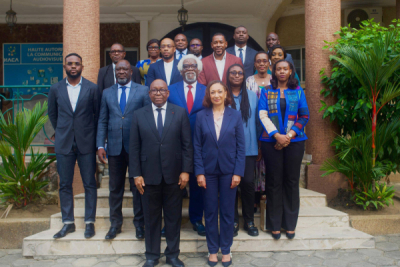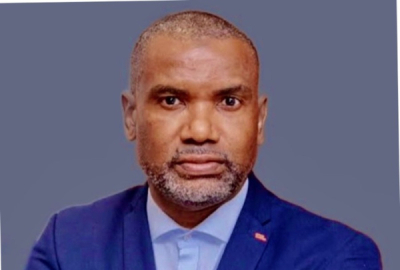Digital transformation has emerged as a key driver of economic and technological development across African nations. Through strategic partnerships, innovative initiatives are taking shape to enhance local skills and modernize digital infrastructure.
China has pledged to support Guinea in establishing a Digital Cooperation Academy to train local talent and bolster the country's technological ecosystem, the Guinean government said on Wednesday.
The announcement followed a meeting on Tuesday between Rose Pola Pricemou (photo, left), Guinea's Minister of Posts, Telecommunications, and the Digital Economy, and a Chinese delegation led by Mao Shanshui (photo, right), third secretary at the Chinese embassy in Guinea.
The academy will offer training programs in strategic sectors such as artificial intelligence, data analytics, and cybersecurity, aiming to drive Guinea's digital transformation. It will also support local startups to foster innovation and promote digital entrepreneurship.
This project is part of the broader Guinea-China partnership, highlighted by the completion of the tenth phase of their technical assistance program. This collaboration has already modernized telecommunications infrastructure through the deployment of cutting-edge technologies and improved connectivity services.
In addition to the academy, discussions yielded other key projects, including the construction of new data centers to expand Guinea's data storage and processing capacity.
Both parties agreed to deepen collaboration to accelerate knowledge transfer to Guinean professionals and enhance the performance of broadcasting centers, advancing local talent development and the modernization of the country's digital ecosystem.
Furthermore, an agreement was reached for the official handover of four modernized broadcasting centers in Sonfonia, Labé, Kankan, and Nzérékoré. This marks a significant milestone in upgrading Guinea's telecommunications infrastructure.
These initiatives align with Guinea's digital roadmap, which aims to position the country as a leading technological hub in West Africa. Beyond improving connectivity, they are expected to create new economic opportunities, bridge the digital divide, and enhance Guinea's competitiveness on the global stage.
By Samira Njoya,
Editing by Sèna D. B. de Sodji


